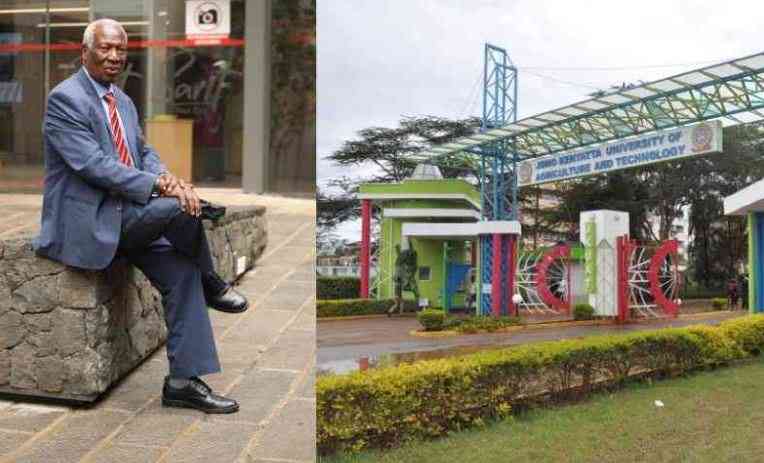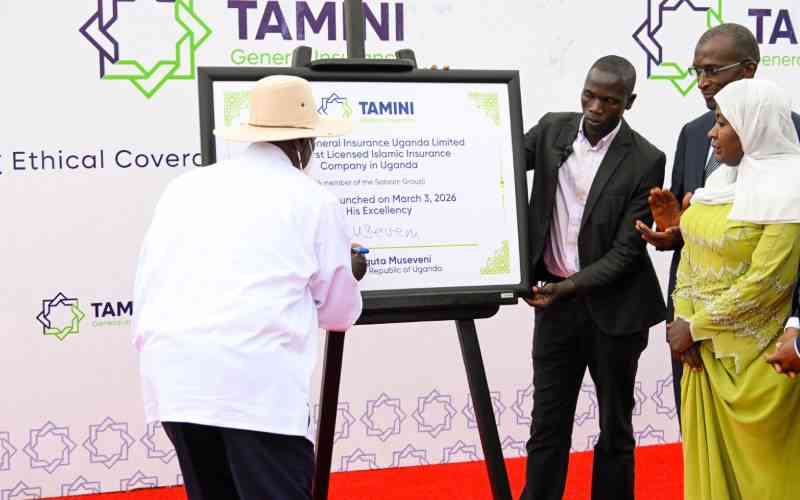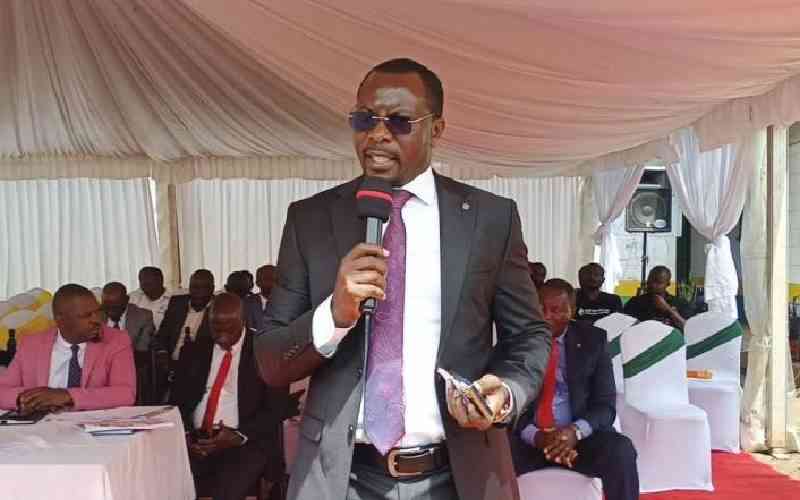×
The Standard e-Paper
Kenya’s Boldest Voice

1.The disciplined change society for the better: JKUAT founding VC, Prof Ratemo Michieka
Professor Ratemo Michieka ran JKUAT with the same fervour with which he ran his life, from its very beginnings as a university to giving it a sterling reputation - it was the only university of its time that never had the riots that plagued others, and employers virtually waited at its gates to snatch up the graduates it produced, as they were known to be top-notch, excellent employees.







